86 posts
Latest Posts by myletithings - Page 2

Skicrush at the mountain

making explosion effects in photoshop is actually really really easy
via Twitter/Zeroblade


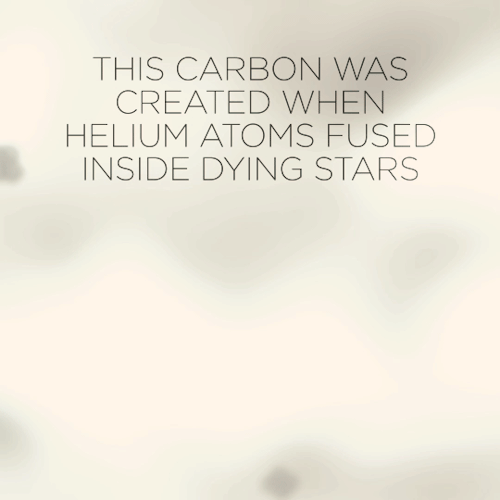
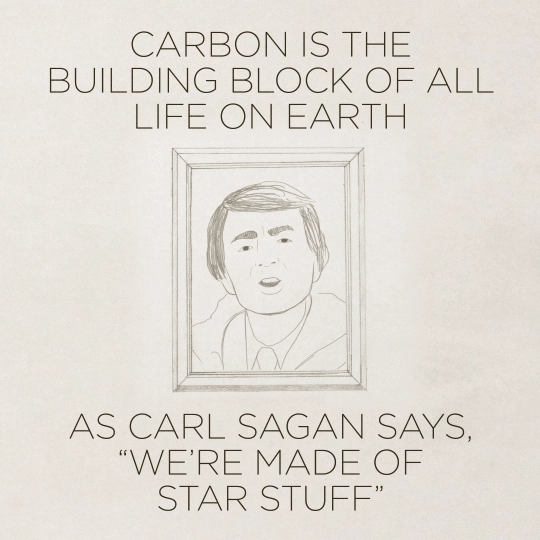
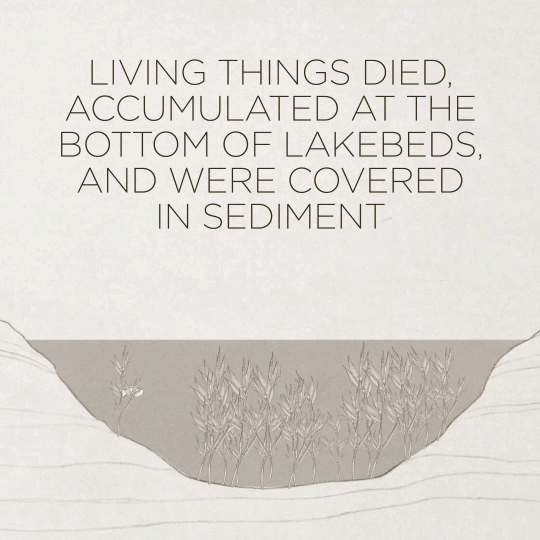
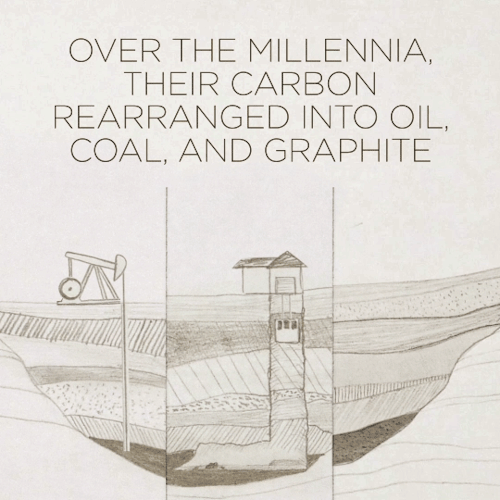
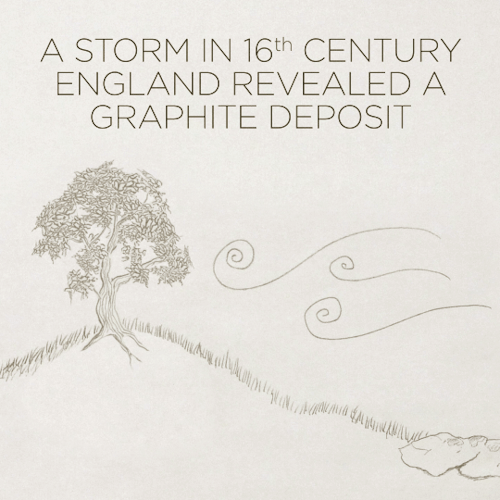
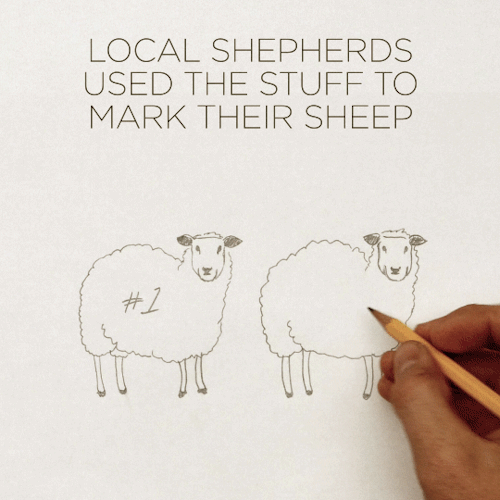
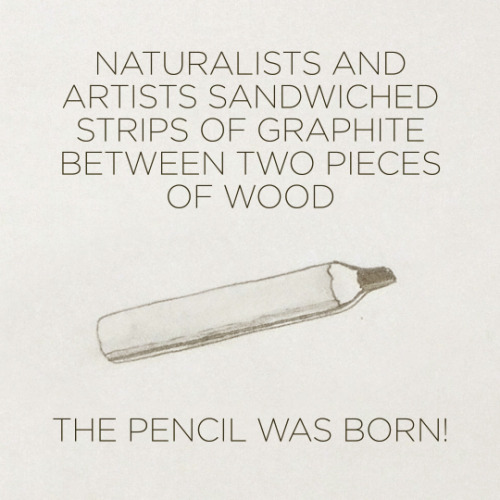

Pencils pencils pencils! Watch the full video:
And ask us more questions!
Mi tratti male

The Charlie Brown and Snoopy Show (1983)

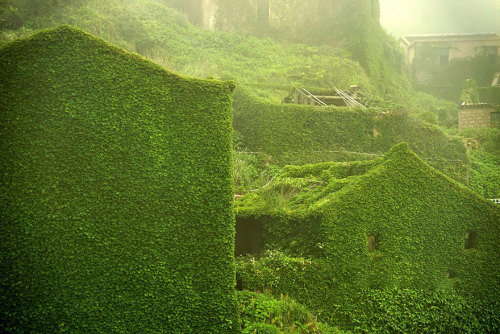







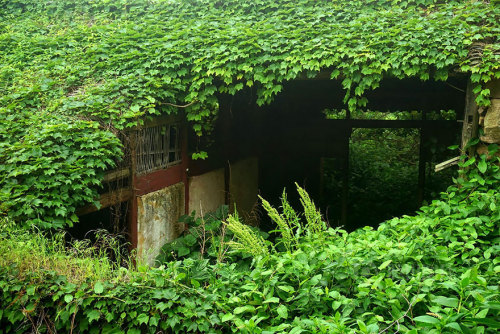
Shengsi, an archipelago of almost 400 islands at the mouth of China’s Yangtze river, holds a secret shrouded in time – an abandoned fishing village being reclaimed by nature. These photos by Tang Yuhong, a creative photographer based in Nanning, take us into this lost village on the beautiful archipelago.

Mount McKinley and the Moon by Daniel Leifheit Via Flickr: The crescent moon rises above Mount McKinley in Alaska.

file:///var/mobile/Containers/Data/Application/7C41B69C-871E-4AAB-8C06-3BFDAB907376/Documents/Image.ig

🍰


Peanuts:)


😡

💛

True color picture of our moon, unfiltered by our nitrogen rich blue atmosphere.


#restaurant in #rimini #romagna ❤️❤️❤️#food and comfort. Perché darsi tanto da fare? 😂 (presso Rimini, Italy)


Passo San Pellegrino. #sole e # neve


Faccio una foto o un selfie? Tutt'e due , Plan de Corones 1 febbraio 2015

| via Tumblr na We Heart It.
Why Carrots Taste Sweeter In Winter
UCLA’s Liz Roth-Johnson explains why carrots have more sugar when it’s cold outside.
Because plants are immobile, they must develop defense techniques against predators and the severe cold in winter. For example, carrots have developed the physiological response of increasing their sugar content when it’s cold outside. This helps stop ice crystal formations and prevents damage to the carrot’s cells.
Frost can do a lot of damage to a plant cell. It can squeeze and rupture the cells until they are completely demolished. But in some cases, the plant’s defense mechanism means a tastier vegetable for us to eat. When a carrot defends itself from frost, we get the benefit of enjoying sweeter carrots all winter long.



#snow #mountain #ski

The Pencil Nebula
(Credit: ESO)

On Sunday, Magnus Carlsen retained his World Championship in chess by defeating his challenger, Vishy Anand, 6.5-4.5 in a best of 12 series. Carlsen beat Anand last year to become world champion. But this game from 1952 is much more interesting from a scientific perspective. It is ostensibly a friendly game between Alan Turing, founding father of computer science and namesake of the Turing Test—the idea that you can measure the level of artificial intelligence by seeing if a human can distinguish between a computer acting on its own and another human operating it by just by interacting with the computer—and his colleague Alick Glennie.
But Alan Turing didn’t play this game. Rather, his chess computer did. These days, free chess engines that you can download to your personal computer can beat world champions. Ever since then reigning World Champion Garry Kasparov—by many considered the greatest chess player in history—lost to the chess computer Deep Blue in 1997, human chess players have pretty much shied away from playing the strongest chess engines. The game’s up: computers are simply much better than any human. That wasn’t the case in 1952. What’s so interesting is that Alan Turing was one of the first people to devise an algorithm for playing chess, but there was no computer to run it on. So Turing had to act as a human CPU, calculating each move on paper according to the algorithm, taking up to half an hour per turn. Glennie won the game after 29 moves. The “computer” had previously beaten the wife of David Champernowne, Turing’s collaborator on the algorithm.
In his 1953 paper Chess, Turing starts by asking some basic questions about programming an artificially intelligent chess program, but progressively asks harder and harder questions, and ends with the holy grail of AI, which we seem to be no closer to reaching than in Turing’s time:
When one is asked ‘Could one make a machine to play chess?’, there are several possible meanings which might be given to the words. Here are a few:
Could one make a machine which would obey the rules of chess, i.e. one which would play random legal moves, or which could tell one whether a given move is a legal one?
Could one make a machine which would solve chess problems, e.g. tell one whether, in a given position, white has a forced mate in three?
Could one make a machine which would play a reasonable good game of chess, i.e. which, confronted with an ordinary (that is, not particularly unusual) chess position, would after two or three minutes of calculation, indicate a passably good legal move?
Could one make a machine to play chess, and to improve its play, game by game, profiting from its experience?
To these we may add two further questions, unconnected with chess, which are likely to be on the tip of the reader’s tongue.
Could one make a machine which would answer questions put to it, in such a way that it would not be possible to distinguish its answers from those of a man?
Could one make a machine which would have feelings like you and I do?
This last question is still open. There is a philosophical debate, for example, about whether consciousness is “substrate independent.” The thing is that we don’t really understand why consciousness exists. We start with physics, which has basics laws that we understand to a good degree, even if we are far from uncovering the universal theory of physics that solves every physics problem on the scale of atoms to the scale of the entire universe. On top of physics, we have chemistry, in which reactions, when we discover them, can be logically explained by the underlying physics. And on top of physics and chemistry is biology, which can also be explained as a logical consequence of the underlying chemistry. Not that anyone has ever sat down and broken down every reaction in the human body and explained it all the way from biology through chemistry down to basic physical laws, but it seems that in principle, while daunting, there is no logical contradiction; it seems like it should be possible in principle. But there is no logical reason we can think of why consciousness should arise out of physics, or chemistry, or biology. There is a thought experiment called the “philosophical zombie”, or P-Zombie for short. Could there be a human being perfectly identical to a normal human in physical constitution, perhaps a perfect molecular clone of a living human, that is not conscious, has no feelings or thoughts, is in effect an unconscious automaton? And so far, we have found no logical contradiction in this idea. In other words, consciousness is still a mystery.
This is the “hard problem” of consciousness. And that’s where “substrate independence” comes into play. Is there something special about the biological makeup of a mammalian nervous system that creates consciousness, or could we make a perfect replica in computer form, a silicon nervous system, that would be conscious, have feelings and thoughts like a biological human?
Turing asked the question sixty years ago. But anyway, if you’ve by chance seen or heard about chess in the last month—the WC was quite a lavish affair, held in the former Olympics park in Sochi, Russia—then, if you are scientifically inclined, have a look at this game from 1952, and think of Alan Turing, and of his pen-and-paper computer chess engine, and about his thought-provoking questions, and of course about all his other contributions to the foundations of computer science. We are all indebted to Alan Turing as one of the inventors of computers and the science behind it, sitting here browsing our Tumblr dashboards.

Flavor of the Month: Ginger
One rhizome, many tastes.
Fresh ginger gets its pungency and aroma from the flavor compound, gingerol. Chemically altering gingerol ends up tweaking ginger’s flavor profile, which helps give ginger its flavor versatility.
Heating a ginger rhizome causes gingerol to undergo a reverse aldol reaction, transforming it to zingerone, a molecule that is completely absent in fresh ginger. Like gingerol, zingerone is responsible for the pungency of cooked ginger, but it also lends a sweeter note to the flavor.
Drying a piece of ginger triggers a dehydration reaction, changing gingerol to shogaol. Shogaol is twice as spicy as gingerol. Read more…
Photo Credit: Jim Lightfoot (112095551@N02/Flickr)

waiting for the first snow




